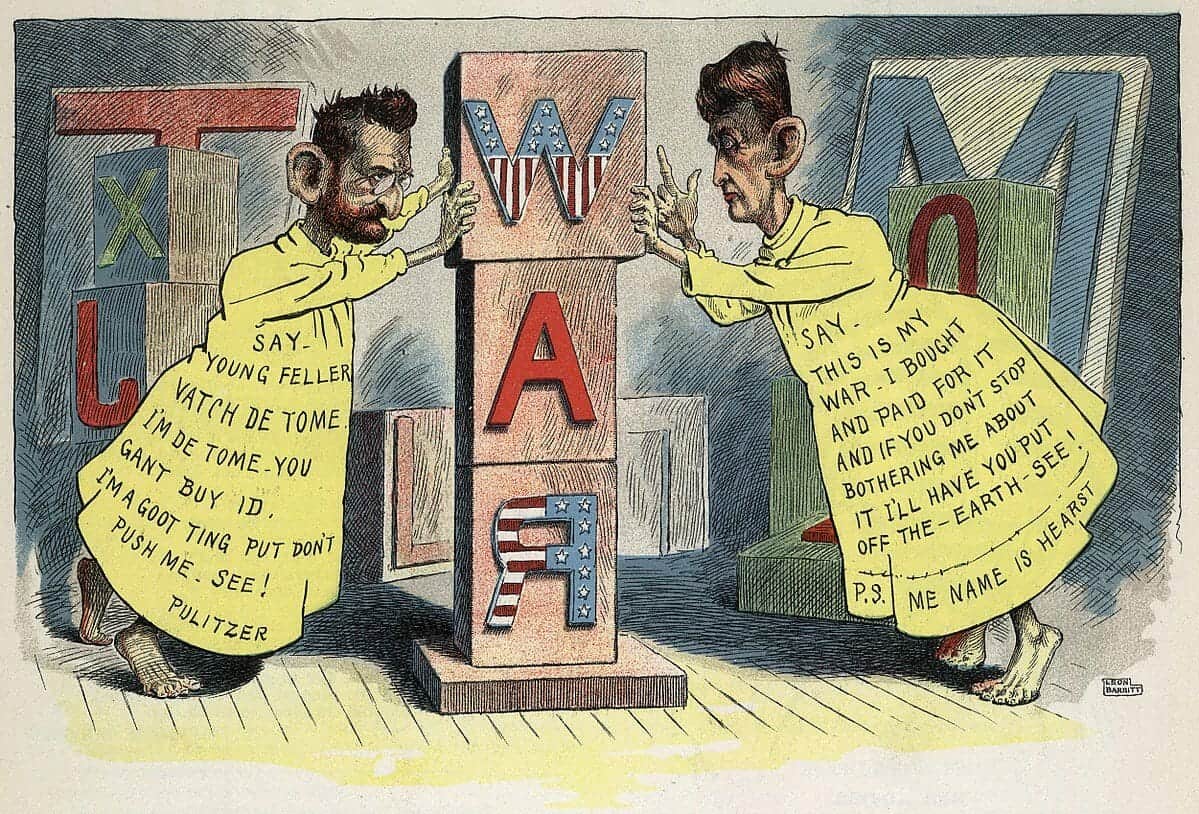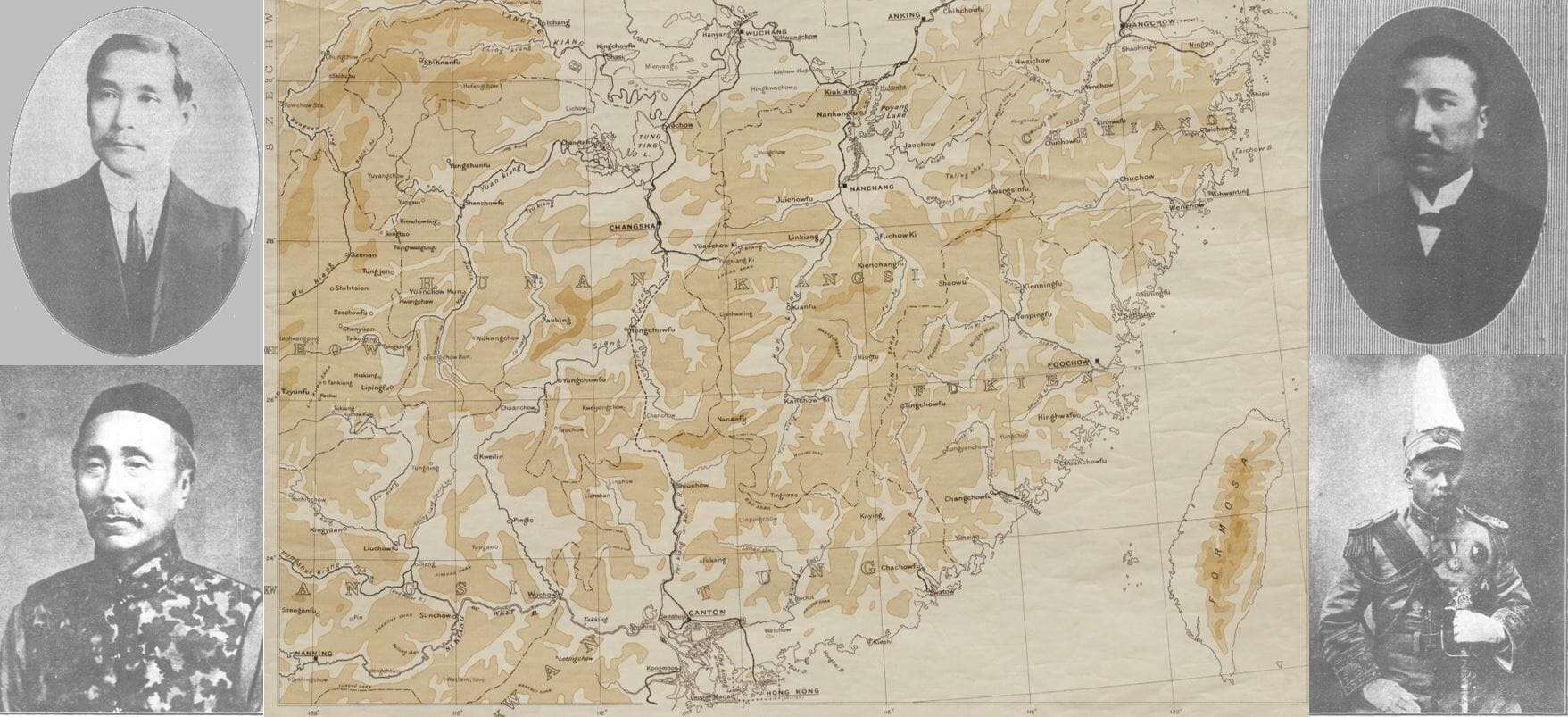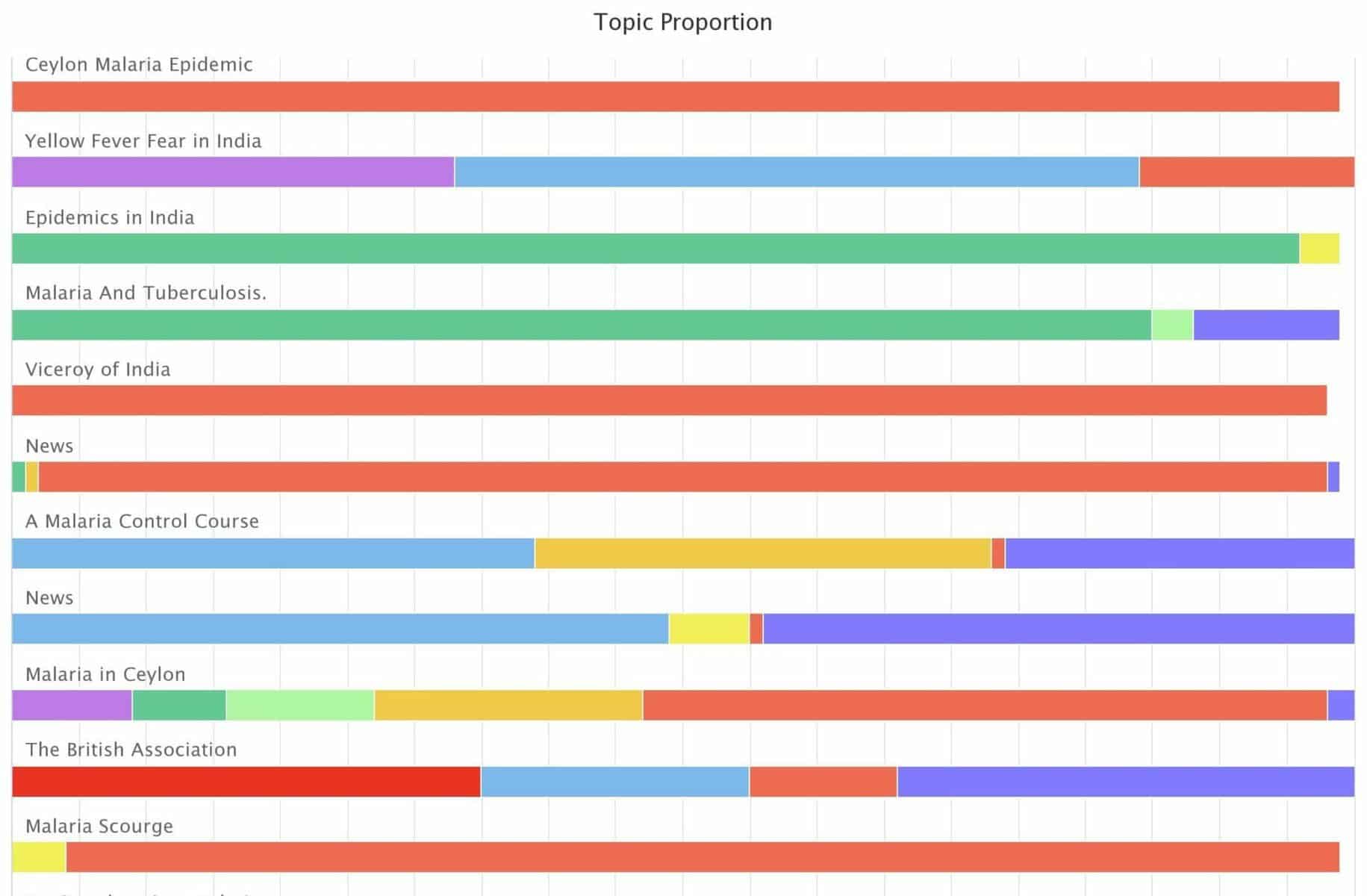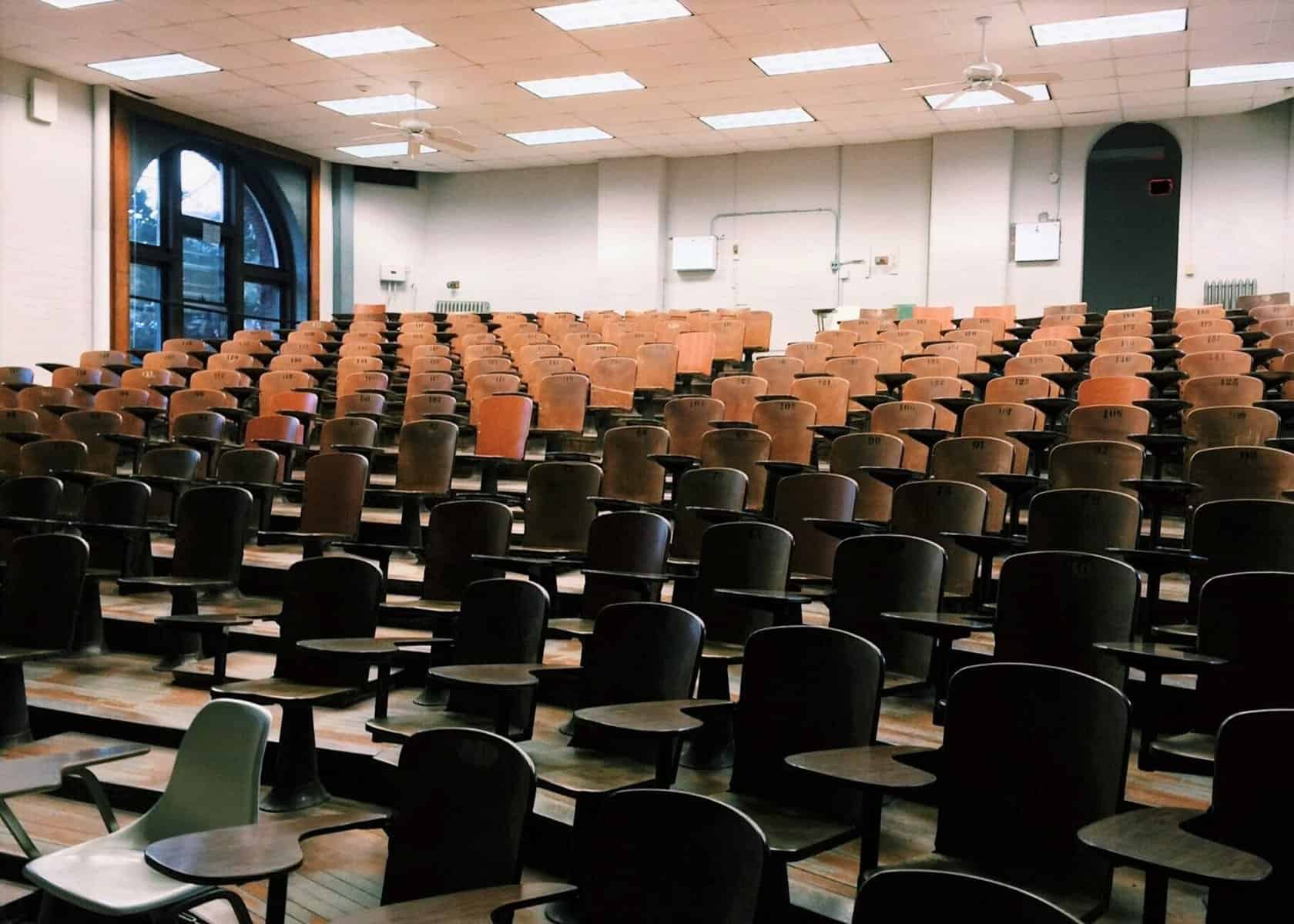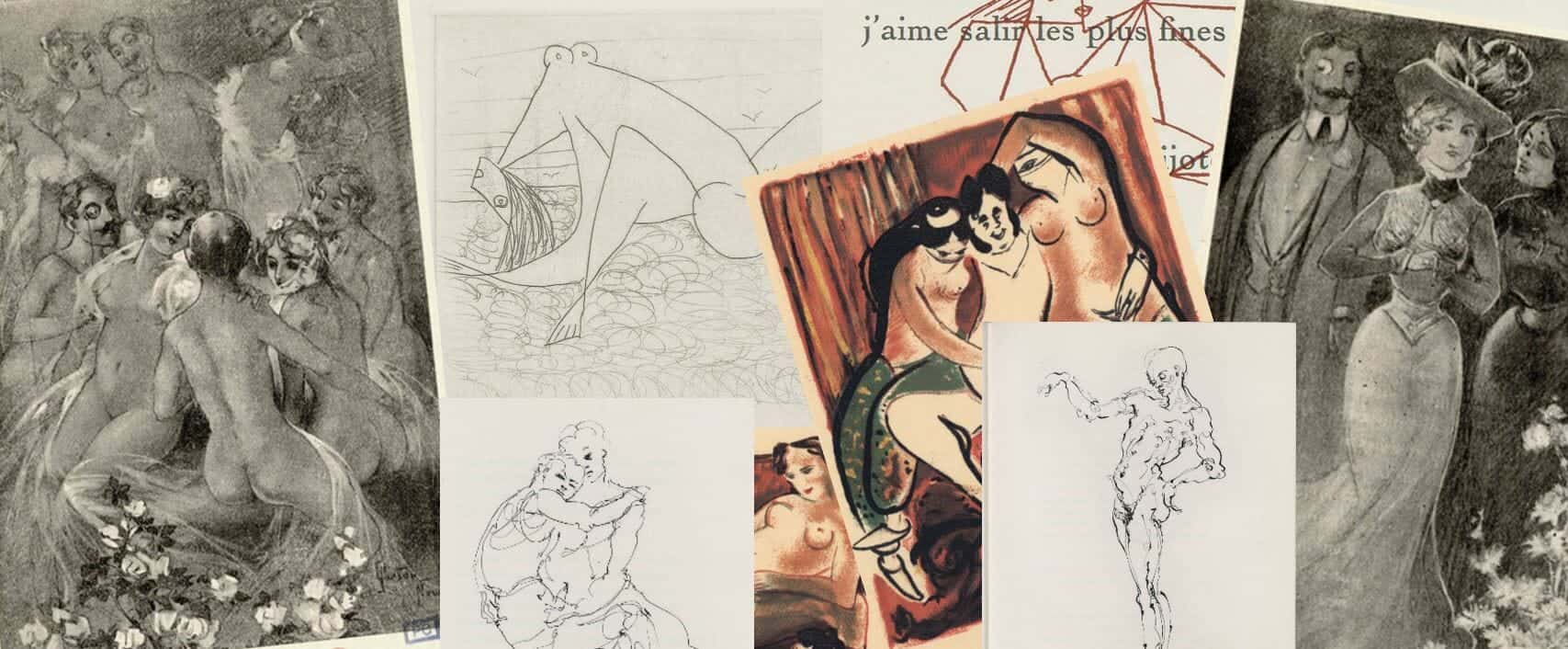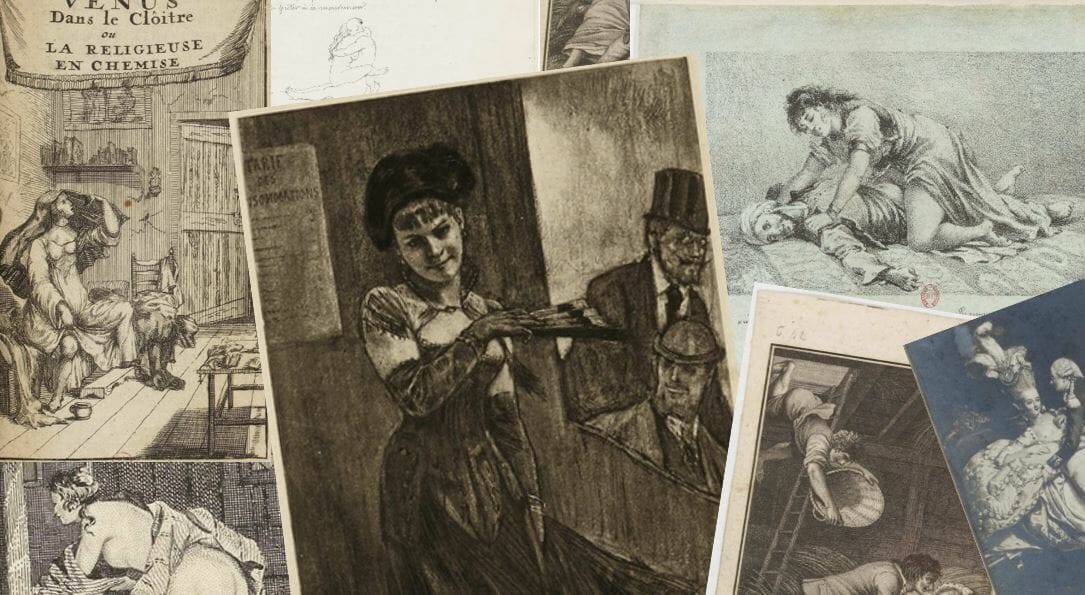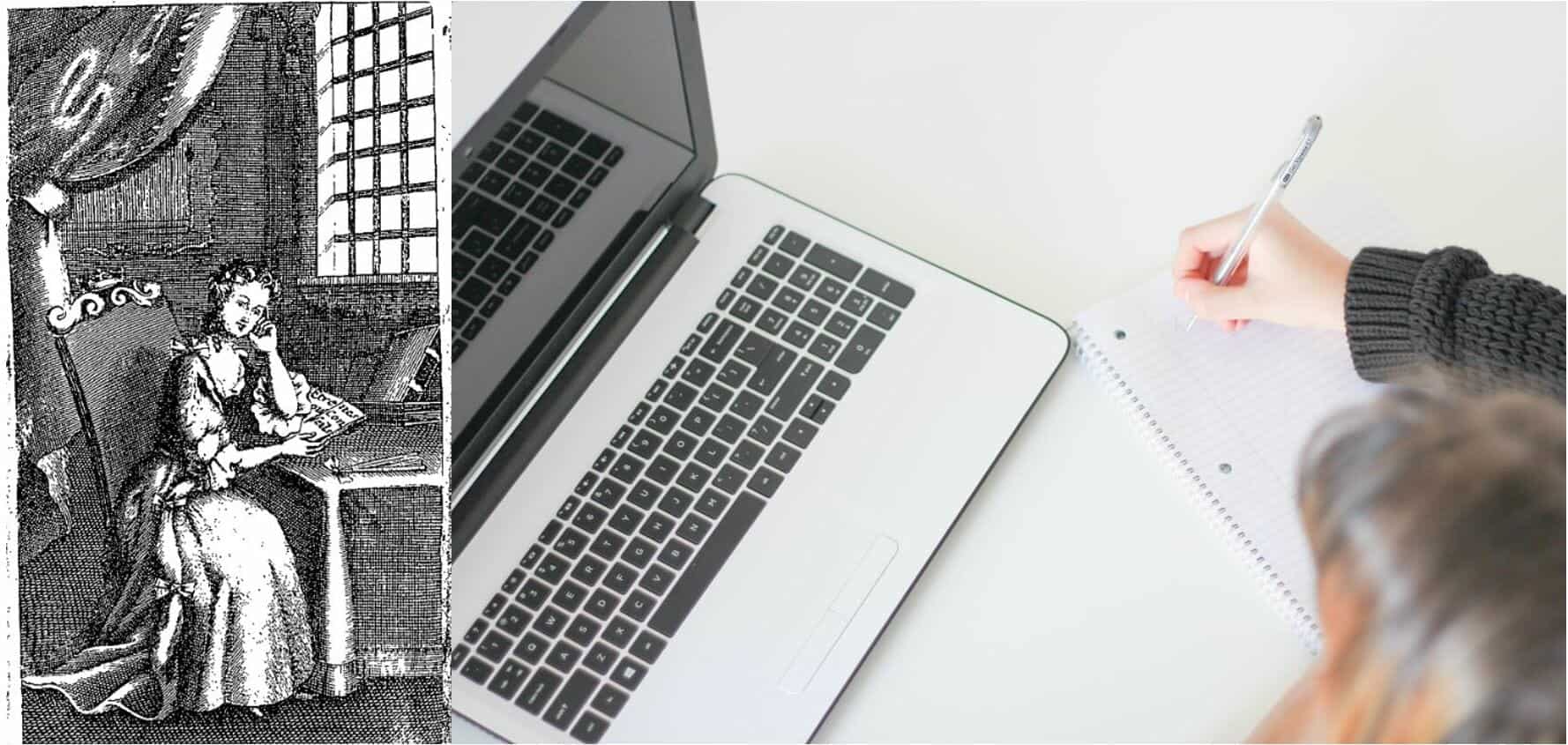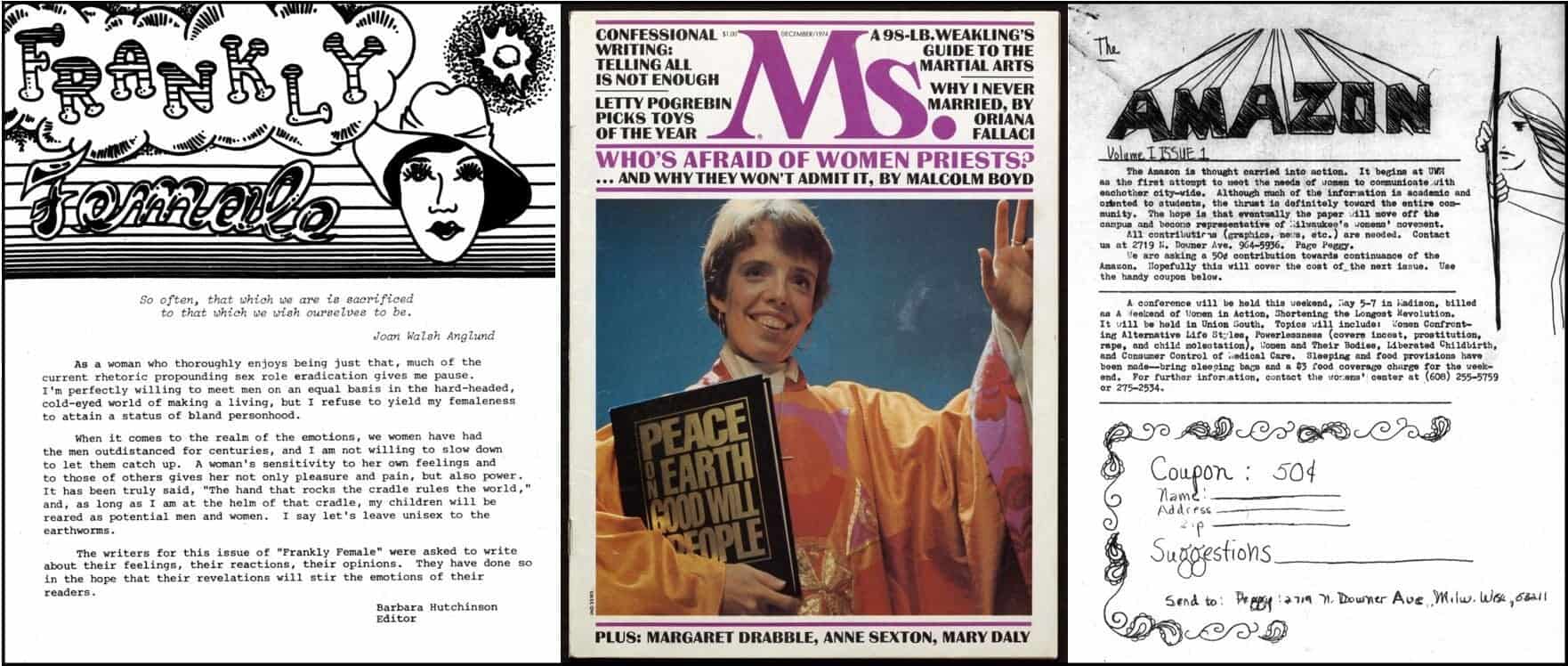│By Juha Hemanus, Gale Ambassador at the University of Helsinki│
We’ve all heard references to “fake news” and “alternative truths,” particularly in recent years. There have also been more in-depth analyses of the “post-truth time” and the “end of truth”. Examining the motives of those who generate “fake news” stories – and the motives of those who claim that a story is fake – is fascinating. This intriguing phenomenon also has an interesting past, with countless examples of “fake news” throughout history. Indeed, a previous ambassador at the University of Helsinki, Pauli, explained that fake news has had alternative names in history, such as “erroneous reporting”. In this blog post, I will look a little further into history to consider questions such as: Where did the fake news phenomenon come from? Under what circumstances was it born? What is it intended for and what has been accomplished by false claims about actual events?

